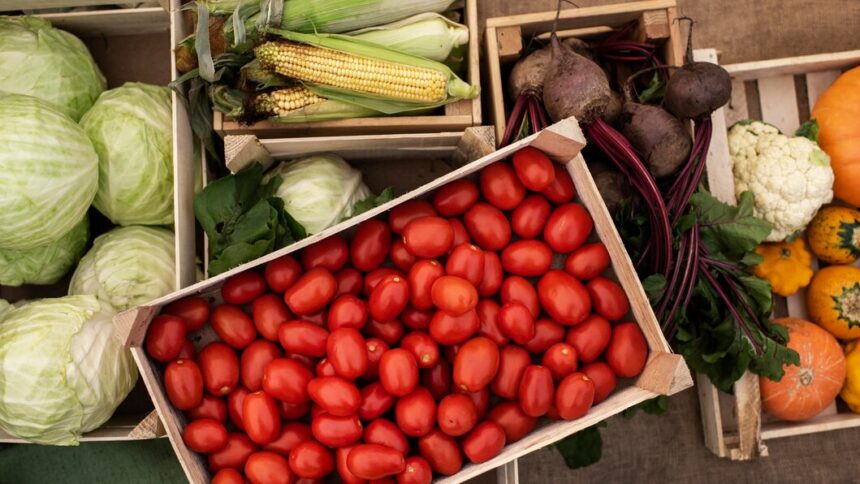South Africa’s organic produce industry holds significant potential for growth in the global market. With increasing consumer demand for organic products worldwide, South African farmers and exporters can capitalize on this trend. Here are ten strategies to enhance the export of organic produce from South Africa.
1. Improve Certification Standards
Obtaining and maintaining internationally recognized organic certification is crucial. Farmers should align with global standards such as those set by the USDA Organic, EU Organic, and JAS (Japan Agricultural Standards). Ensuring rigorous adherence to these standards builds trust with international buyers and opens access to more markets.
2. Enhance Quality Control
Implementing strict quality control measures throughout the production, harvesting, and packaging processes ensures that the produce meets the high standards expected by international consumers. Regular training for farm workers and investing in advanced technologies for sorting and packaging can help maintain consistent quality.
3. Develop Sustainable Practices
Adopting sustainable farming practices not only boosts the appeal of South African organic produce but also meets the growing demand for environmentally friendly products. Techniques such as crop rotation, composting, and the use of natural pest controls improve soil health and yield while reducing environmental impact.
4. Invest in Post-Harvest Infrastructure
Investing in proper post-harvest handling infrastructure, such as cold storage facilities and efficient transportation systems, helps preserve the freshness and quality of organic produce during transit. This reduces spoilage and ensures that products reach international markets in optimal condition.
5. Strengthen Marketing and Branding
Creating a strong brand identity for South African organic produce can enhance marketability. Emphasizing unique selling points such as the country’s favorable growing conditions, diverse range of products, and commitment to sustainability can attract international buyers. Participation in international trade fairs and expos can also boost visibility.
6. Expand Market Research
Conducting thorough market research to identify potential markets and understand consumer preferences is essential. This includes analyzing trends, competitors, and pricing in various regions. Tailoring marketing strategies to meet the specific needs and preferences of different markets can enhance export success.
7. Foster Public-Private Partnerships
Collaborating with government agencies, trade organizations, and private entities can provide the necessary support and resources for expanding organic produce exports. Initiatives such as subsidies, grants, and training programs can help farmers transition to organic farming and scale their operations.
8. Enhance Supply Chain Efficiency
Streamlining the supply chain from farm to export can reduce costs and improve delivery times. Utilizing technologies such as blockchain for traceability and transparency, and collaborating with reliable logistics partners, ensures efficient and secure movement of goods.
9. Leverage E-Commerce Platforms
Utilizing e-commerce platforms to reach international consumers directly can bypass traditional trade barriers. Establishing an online presence through dedicated websites and partnering with global e-commerce giants like Amazon or Alibaba can significantly expand market reach.
10. Promote Agro-Tourism
Promoting agro-tourism can serve as an innovative way to market South African organic produce. Inviting international visitors to experience organic farming first-hand can create ambassadors for South African produce, enhancing word-of-mouth marketing and creating direct sales opportunities.
Increasing organic produce exports from South Africa requires a multifaceted approach that focuses on quality, sustainability, and market engagement. By implementing these ten strategies, South African farmers and exporters can effectively tap into the growing global demand for organic products, driving economic growth and contributing to a sustainable agricultural future.
Join 'Farmers Mag' WhatsApp Channel
Get the latest Farming news and tips delivered straight to your WhatsApp
CLICK HERE TO JOIN






